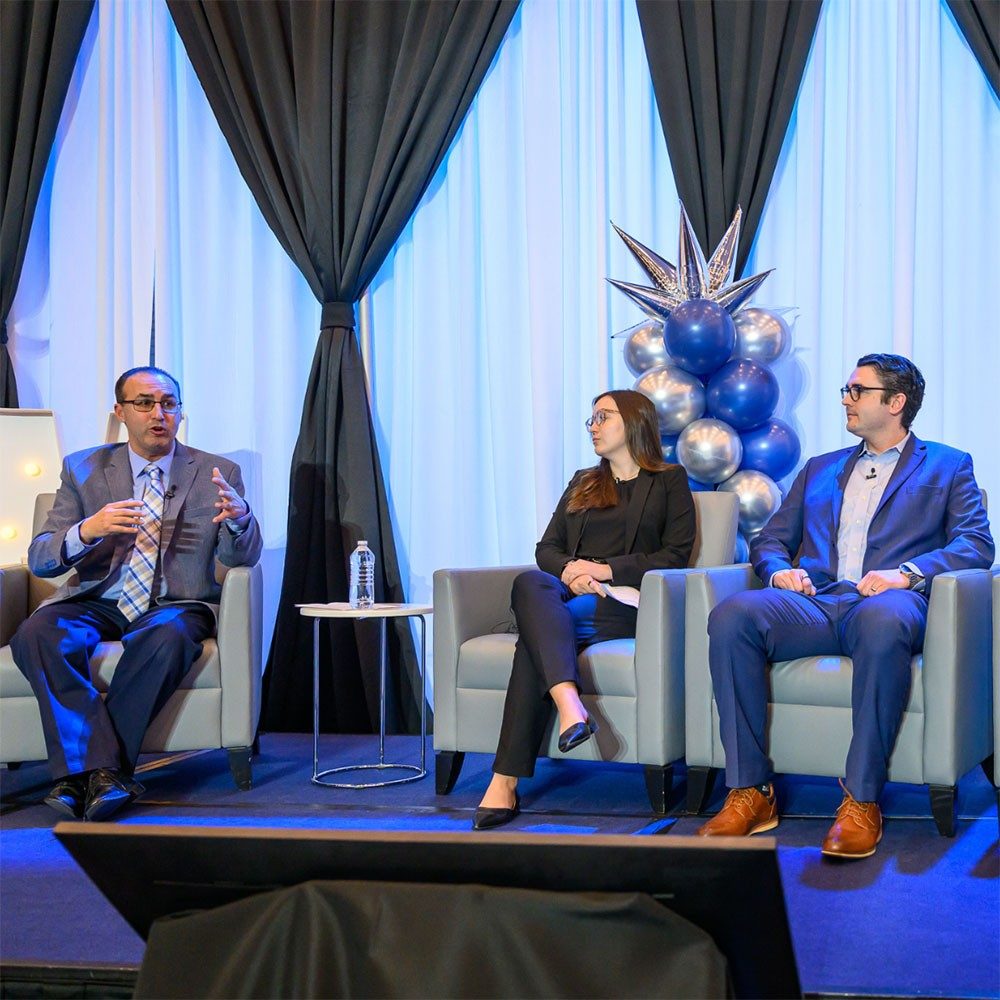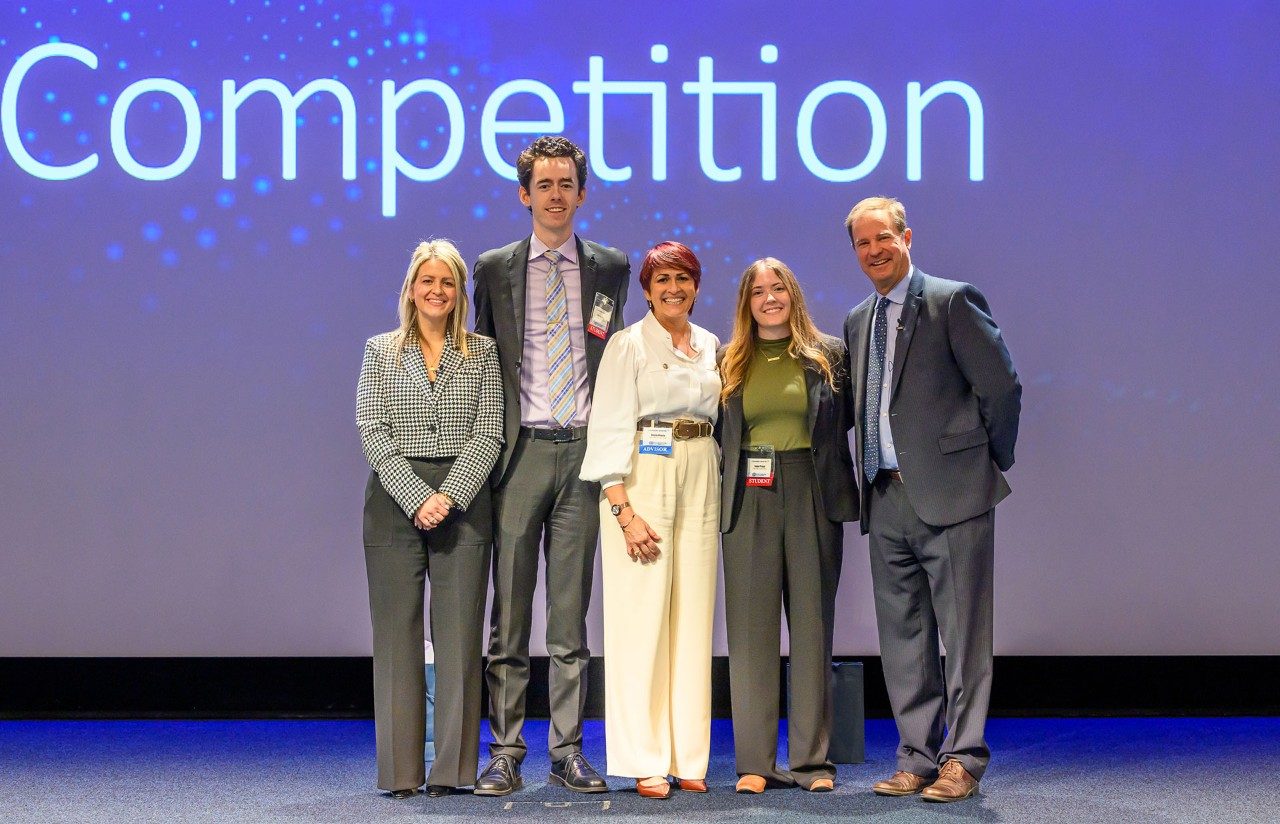Smarter Tech. Safer Futures. Ethically Engineered.
An inside look at how Lockheed Martin’s annual case competition challenges future engineers to navigate real-world innovation.
A Real-World Test of Ethical Engineering
In February, Lockheed Martin hosted its 8th annual Ethics in Engineering Case Competition, where 66 university teams gathered to tackle a timely, real-world challenge: using artificial intelligence and human input to improve wildfire management. Acting as consulting firms, the teams analyzed a custom-built case study and presented their recommendations to a panel of Lockheed Martin leaders and ethics professionals.
Over two days, students were pushed to think beyond technical innovation, grappling with complex issues of public safety, data integrity, and accountability. The immersive format encouraged teams to weigh ethical trade-offs, defend their decisions in head-to-head rounds, and demonstrate how thoughtful engineering can shape lives and communities for the better.
From real-time astronaut calls to real-world case studies, the competition was as inspiring as it was rigorous.
Real-World Inspiration
Perhaps the most unforgettable moment came from a surprise guest: Astronaut Sunita Williams, who joined live from the International Space Station. Students were visibly moved—wide-eyed and smiling—as they gained a deeper appreciation for the real-world impact of Lockheed Martin’s innovations.
Mike Baylor, Lockheed Martin’s Chief Digital and AI Officer, also addressed the students, offering insight into how AI is strategically integrated across the company’s platforms. His message made it clear: the case wasn’t just a hypothetical—it mirrored the real engineering challenges our teams face today.
Ben Miller, Director of the Colorado Center of Excellence for Advanced Technology Aerial Firefighting, helped ground the experience further by connecting the students’ work to the lives of firefighters battling devastating wildfires—showing how emerging technologies can help save lives and protect communities.
Insights from the Judges: Ethics in Action
Judging Excellence

Texas A&M Takes the Win
In a tightly contested final round, Texas A&M University emerged as the champion over Pennsylvania State University. Their edge? The ability to articulate a clear, actionable strategy while incorporating real-time feedback from their competitors—mirroring the kinds of discussions engineers face on high-stakes projects.

Beyond the Competition: Lifelong Impact
The Ethics in Engineering Case Competition goes far beyond the classroom. It gives students a real-world preview of the professional challenges they’ll face—and how to tackle them with integrity, teamwork, and purpose.
With its combination of real-world relevance, cutting-edge topics, and mission-focused storytelling, the competition continues to inspire the next generation of ethical innovators.




